7 Everyday Products That Could Get Price Hikes This August
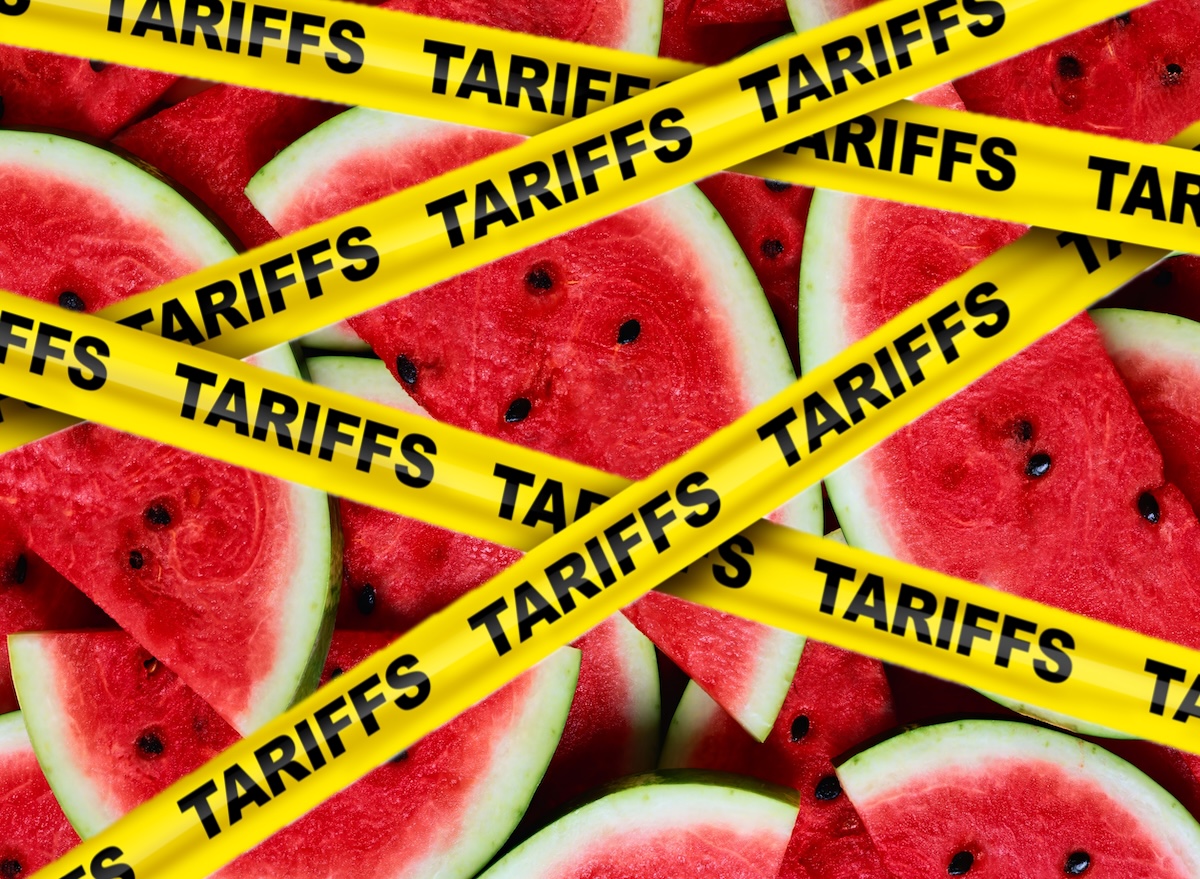
The current administration’s tariff program is causing a great deal of uncertainty in the U.S. and globally, but consumers should be prepared either way for potential price hikes on everyday products. The U.S. imports a significant amount of goods from the EU, UK, South America, China, and many other countries, and even tariffs on the lower end could impact prices in your local store. So which items should shoppers have on their radar to possibly stock up on before prices get out of control? Here are seven imported products that could become more expensive this August.
Coffee
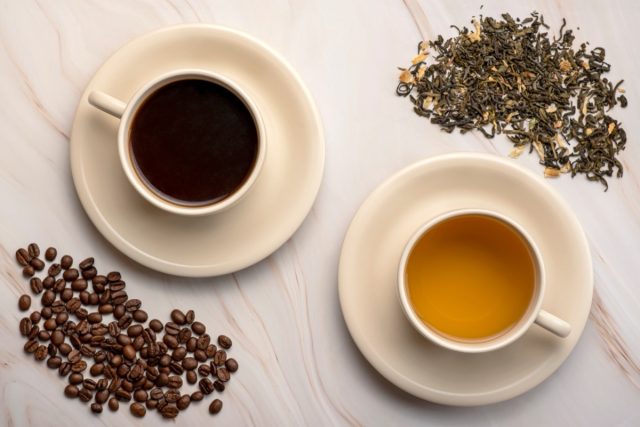
The U.S. imports the majority of its coffee from Africa and South America, and the 50% tariff levied against Brazil could cause coffee—which is already very expensive—to get a price hike next month. In Brazil, “some of the exports will probably cease entirely,” David Gantz, an economist at Rice University’s Baker Institute for Public Policy, told The New York Times. “Others will continue, but the consumer will end up paying a higher price.” While coffee is grown in Hawaii, it is a fraction of what Americans consume. “We can’t grow enough coffee,” said Shawn Steiman, the owner of Coffea Consulting in Honolulu. “The Hawaiian coffee market isn’t tied to the global industry.”
Beef
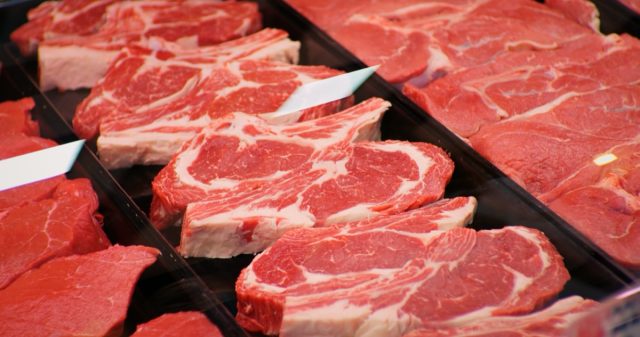
The U.S. imports beef from countries such as Canada, Mexico, and Brazil, which means beef prices—which are already sky-high—could get worse. “The rising cost of ground beef is a perfect example of how global trade dynamics and domestic supply constraints collide,” Robert Khachatryan, founder and CEO of California-based Freight Right Global Logistics, told Fox News Digital.
Alcohol
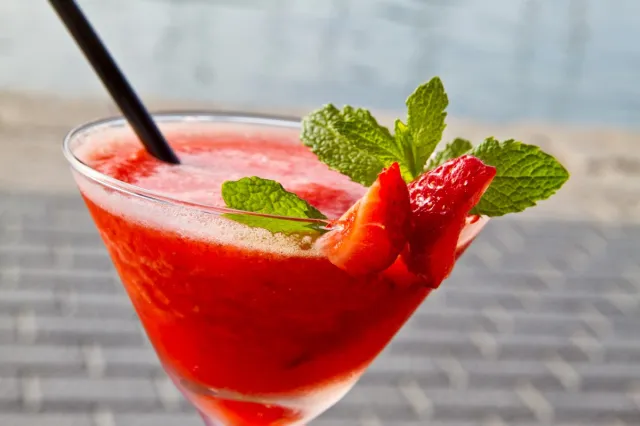
American consumers love imported alcohol such as French/Italian wine and Scotch whiskey. These products are already expensive and could become unaffordable. “Products like wine, especially, are consumed for pleasure—if you have less money to spend, you might forgo the purchase,” Yannick Fialip, head of association CNPA (which promotes French food exports), told Reuters. “We will be less competitive.”
Garlic
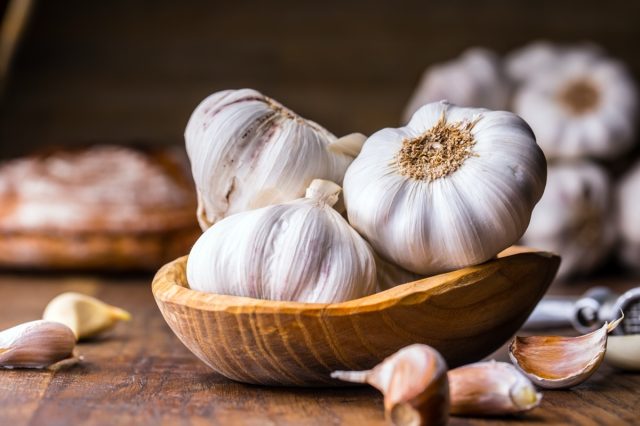
The U.S. may have to spend more to buy domestically grown garlic instead of importing from China. “In protecting and promoting domestic industry, this administration’s decision will likely benefit the specialty crops in the U.S. agriculture industry,” Ken Christopher, executive vice president of Christopher Ranch, told The Packer.
Potatoes
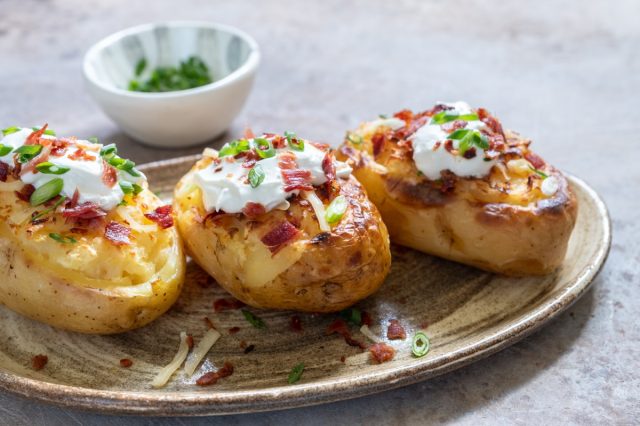
The U.S. imports a significant amount (251M) in potatoes from Canada. “Like most of agriculture, which operates on razor-thin margins, and with U.S. potato prices hovering near all-time lows, U.S. potato growers are concerned that tariffs could threaten the trade supply balance, impacting the prices of potatoes and the inputs that are required to farm,” the National Potato Council said in a statement. “Tariffs on imported essential goods, including fertilizer and crop protection tools, will likely increase the costs of items that are necessary for American farmers to grow their crops.”
Fruit
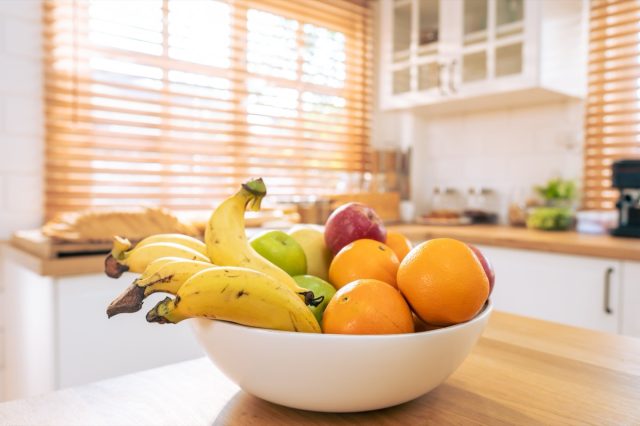
The U.S. imports a huge variety of fruit from South America including pineapple, strawberry, lemon, lime, mango, and much more. Even a 10% tariff could have long-term consequences. “We’re talking about fruits and produce, especially where the supply chain is pretty short, where it will likely go to a wholesaler to a grocer directly, it would be like adding a 10% sales tax on the goods,” Thomas Bridges, an asst. economics professor at the University of Delaware, told ABC7. “Except on your receipt, you wouldn’t get a separate line for it.”
Crab and Lobster
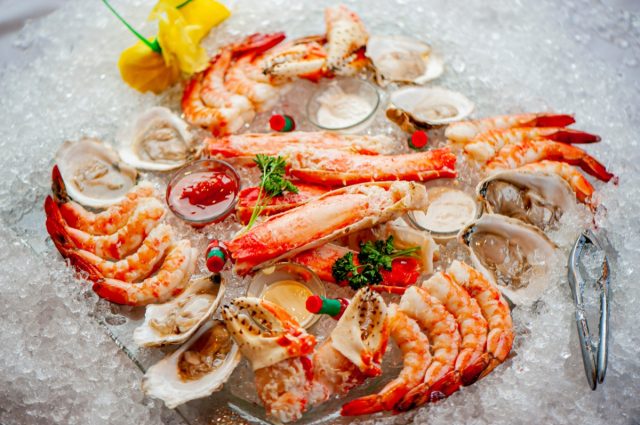
Americans love shellfish, and the U.S. imports crab and lobster from Canada, as well as frozen seafood from China. “It’s going to be very difficult to settle on prices given that we have to build in that the tariffs are happening,” Geoff Irvine, executive director of the Lobster Council of Canada, told CBC.